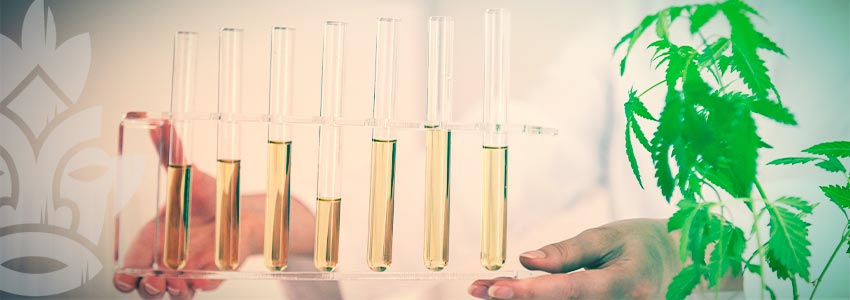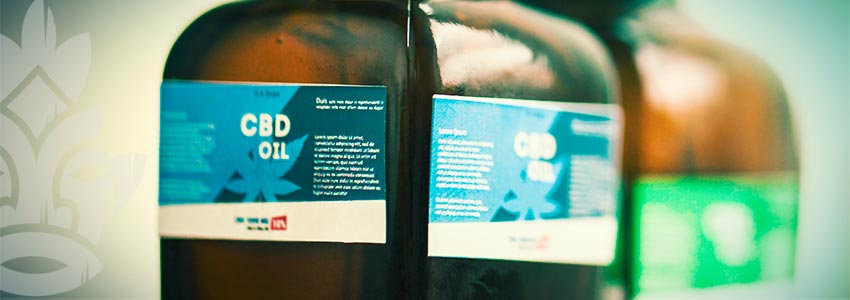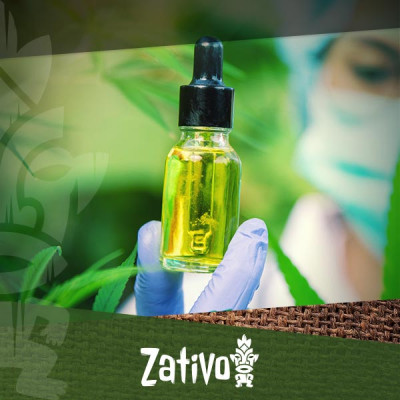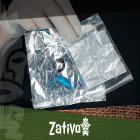Don't have an account?
Register NowYou have to add to cart at least 5 bottles or any program to make checkout.
- BlogHow To Check If Your CBD Oil Is High-Quality
How To Check If Your CBD Oil Is High-Quality
Published: January 9th, 2020
Categories:
How To • Medical Cannabis
With so many companies flooding the CBD market, and so many of them claiming to have the best CBD oil, it can be tough to know just how good your purchase really is. However, there are several ways to verify the true quality of your CBD oil. Here are some tips that can help you determine if a CBD oil is actually as good as it claims to be.
PURCHASE FROM CERTIFIED BRANDS WITH THIRD-PARTY TESTING
The best thing you can do to ensure the quality of your CBD oil is to only purchase it from trustworthy and certified brands. In today’s crowded marketplace, it may be a good idea to stick to brands that have a well-earned reputation for producing clean, pure, high-quality CBD.
It’s also a good idea to do a little research on a brand before buying. Many honest and trustworthy CBD brands are eager to prove the quality of their product. Some even go so far as to provide third-party lab testing results for their products. These third-party lab tests can tell you exactly what is in your CBD oil and exactly how much of it there is. Tests can detect the presence of any pollutants that may exist in the hemp the CBD was extracted from (e.g. heavy metals) as well as the presence of any solvents used in the extraction process (e.g. butane).
Some companies may even back their products up with guarantees. If a brand is willing to offer a refund or money-back guarantee, you can rest assured that they stand behind their products.
HOW WAS YOUR CBD OIL EXTRACTED?

Not all extraction processes are equal. In fact, some tend to leave behind traces of nasty solvents like butane or hexane. These chemicals have been shown to exhibit all sorts of adverse effects on our body. Additionally, their presence means less actual CBD inside of your CBD oil.
Cleaner extraction processes also exist; however, many CBD and THC producers still elect to use cheaper processes like butane extraction. If the purity of your CBD oil is a concern, then you should take some time to learn about the extraction process your CBD was isolated with.
The highest-quality CBD oil is produced by brands that avoid petroleum-based extraction in favour of supercritical CO₂ extraction. CO₂ extraction may be more expensive, but it also produces safer, more potent, and purer extracts. As an added bonus, it is also eco-friendly, non-toxic, and has negligible environmental impact.
HOW WAS THE HEMP GROWN?

You should also consider the source of your CBD, and consequently, the hemp that it was extracted from. This is especially important because hemp is considered to be a bio-accumulator that is incredibly skilled at sucking up the contents of soil, including impurities such as heavy metals or other pollutants. Moreover, low-quality hemp may have been exposed to chemicals and pesticides that are harmful to human health. As such, it is important to make sure that your CBD was extracted from hemp grown by farmers committed to the health of their land and their crops.
Although many CBD brands may not make this information public on their website, you can always ask them for information regarding compliance with local hemp regulations. For instance, in the United States, hemp is now a heavily regulated commodity. As such, companies truly producing high-quality oil will likely be sourcing their hemp from operations that are in compliance with the US Farm Bill.
LEARN TO SPOT RED FLAGS LIKE FAKE REVIEWS AND EXTRAORDINARY CLAIMS

Keep an eye out for unrealistic claims or details. If the label or website of a product is making extraordinary claims about CBD’s therapeutic abilities, you are likely to be disappointed. Some brands simply use these claims as a way to boost the perceived value of their oil, allowing them to charge more for it. If it sounds too good to be true, then it probably is.
On the other end of the spectrum, you should also be wary of super low-priced oils that are attempting to compete based on “value”. If an oil brand is priced suspiciously low, there is a decent chance that it is cutting corners by doing things like producing low-quality oil or skipping third-party testing of their products.
You should also take a look at a brand’s customer support. The more willing they are to engage in open and honest discussion with their customers, the more likely they are to sell a high-quality product that can withstand scrutiny and criticism.





